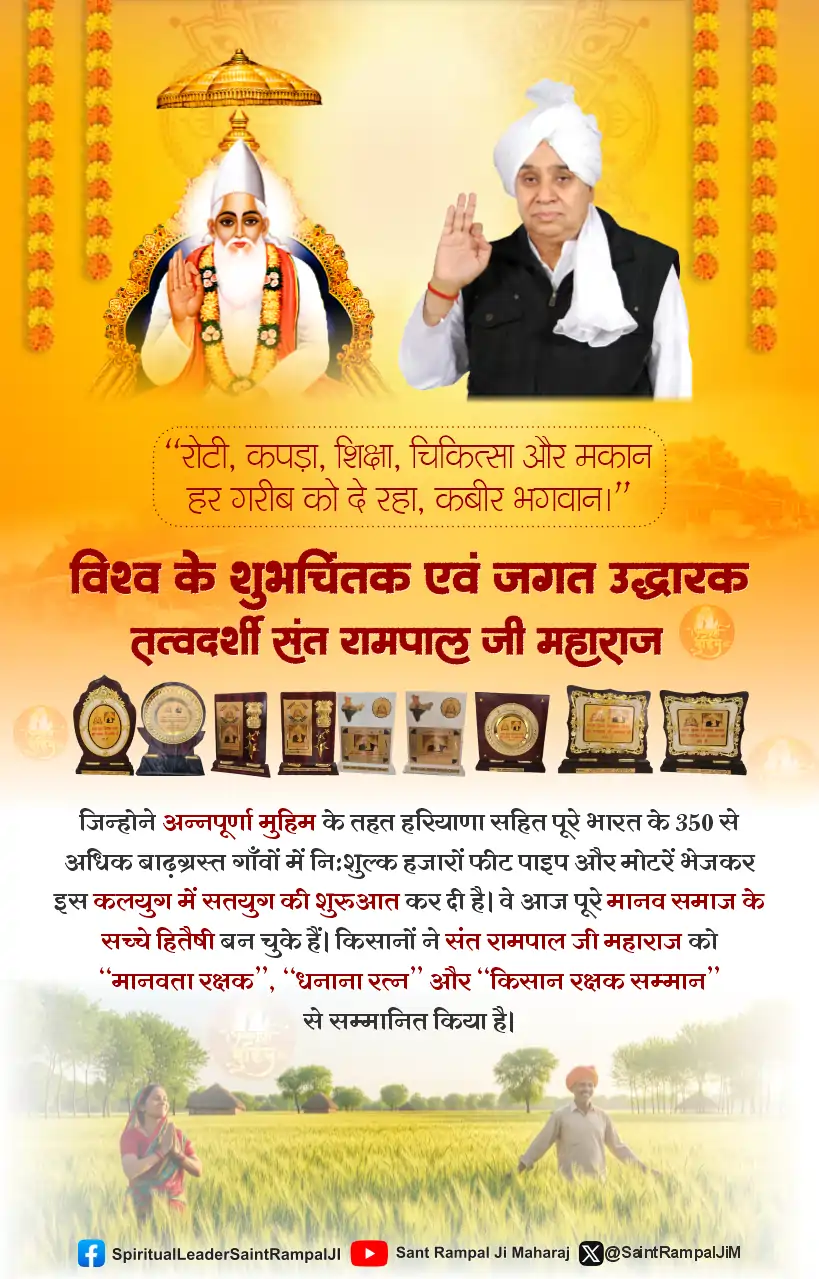As the sun rises on the horizon, India prepares to embark on the Lok Sabha Elections Phase 1, heralding the commencement of a monumental democratic exercise. With the participation of esteemed political figures and the engagement of millions of eligible voters, this phase sets the stage for a vibrant electoral journey across the nation.
Lok Sabha Elections Phase 1: Highlights
- Diverse Participation: Nine Union ministers, two former chief ministers, and an ex-governor engage in the electoral process.
- Regional Significance: Polling spans 21 states with 102 constituencies, with a notable focus on Tamil Nadu and Uttarakhand.
- Key Contenders: Union ministers Nitin Gadkari and Kiren Rijiju, along with other significant figures, compete in the elections.
- Electoral Logistics: Over 18 lakh polling personnel and 1.87 lakh polling stations facilitate voting for 16.63 crore eligible voters.
- Vibrant Democracy: The electoral process showcases a clash of political ideologies and aspirations, embodying India’s democratic essence.
Nation Prepares for Phase 1 of Lok Sabha Elections
The nation gears up for the first phase of the Lok Sabha elections, marking the commencement of a significant democratic exercise. This initial phase witnesses the participation of several prominent figures, including nine Union ministers, two former chief ministers, and an ex-governor, highlighting the magnitude of the electoral contest. Across 21 states, polling will take place in 102 constituencies, setting the stage for a dynamic electoral process.
What does the Election Commission of India Say?
Election Commission of India @ECISVEEP said in a tweet, “As we are ready to vote in the first phase of #GeneralElections2024 tomorrow, thematic model polling stations are prepared to welcome you, adding more festivity to the #ChunavKaParv. Let’s #vote and get ourselves inked!” #YouAreTheOne #GoVote #IVote4Sure #DeshKaGarv
Key Figures and Regions in Focus
Notable among the regions participating in this phase are Tamil Nadu, where all 39 seats will be contested, and Uttarakhand, with voting for all five seats scheduled. Uttar Pradesh, Bihar, and West Bengal will span across all seven phases of polling, showcasing the extensive electoral landscape of the country.
Logistics and Voter Turnout
The electoral process, spanning from 7 AM to 6 PM, involves the deployment of over 18 lakh polling personnel across 1.87 lakh polling stations to facilitate voting for over 16.63 crore eligible voters.
Key Contenders and Electoral Dynamics
Among the key contenders in this phase are Union ministers Nitin Gadkari and Kiren Rijiju, contesting from Nagpur and Arunachal West respectively. Gadkari, a veteran of three Lok Sabha elections, faces Vikas Thakre of the Congress in Nagpur, while Rijiju, a prominent BJP face from the northeast, competes against former chief minister Nabam Tuki of the Congress in Arunachal West.
■ Also Read: National Voters’ Day: Why We Left Our Real Home?
Other significant figures in the fray include Sarbananda Sonowal, contesting from Dibrugarh in Assam, and Sanjeev Baliyan, facing off against rivals in Muzaffarnagar, Uttar Pradesh. The electoral landscape also sees Union Law Minister Arjun Ram Meghwal contesting from Bikaner in Rajasthan and Union minister L Murugan vying for Nilgiris in Tamil Nadu.
Setting the Tone for a Vibrant Electoral Season
The first phase of polling sets the tone for a vibrant electoral season, characterized by the clash of political ideologies and aspirations. With a diverse array of constituencies and candidates, the electoral process underscores the essence of democracy in India. As the nation embarks on this electoral journey, the eyes of the world are keenly watching the unfolding political drama, anticipating its impact on the future course of governance and policy direction.
Spiritual Resonance Amidst Political Turmoil
Amidst the electoral fervor, Sant Rampal Ji Maharaj’s transformative vision resonates deeply, offering a profound spiritual anchor amidst the political tumult. His message of creating a virtuous society and fostering genuine worship finds resonance in the hearts of many, transcending the realms of politics and power. As the nation navigates the complexities of democracy, his teachings inspire individuals to embrace righteousness and shun detrimental actions, fostering a collective conscience that transcends the temporal challenges of the electoral process.
Conclusion: Eyes on the Future
As the nation embarks on this electoral journey, the world watches with anticipation, recognizing the significance of this democratic spectacle. The outcome of these elections will shape the future course of governance and policy direction in the country, reflecting the collective will of the people.
FAQs – Lok Sabha Elections Phase 1
A. The Lok Sabha Election Phase 1 marks the initiation of the electoral process in India, where a portion of the parliamentary constituencies across various states cast their votes.
A. Phase 1 encompasses polling in 102 constituencies across 21 states in India.
A. Phase 1 witnesses the engagement of nine Union ministers, two former chief ministers, and an ex-governor, reflecting a diverse range of political participation.
A. Notable regions include Tamil Nadu, where all 39 seats will be contested, and Uttarakhand, with voting for all five seats scheduled.
A. Over 16.63 crore eligible voters are expected to exercise their franchise during Phase 1.
A. Polling is scheduled to take place from 7 AM to 6 PM to accommodate the voting process.
A. Key contenders include Union ministers Nitin Gadkari and Kiren Rijiju, along with other significant figures like Sarbananda Sonowal and Sanjeev Baliyan.
A. Over 18 lakh polling personnel are deployed across 1.87 lakh polling stations to facilitate smooth voting operations during Phase 1.




